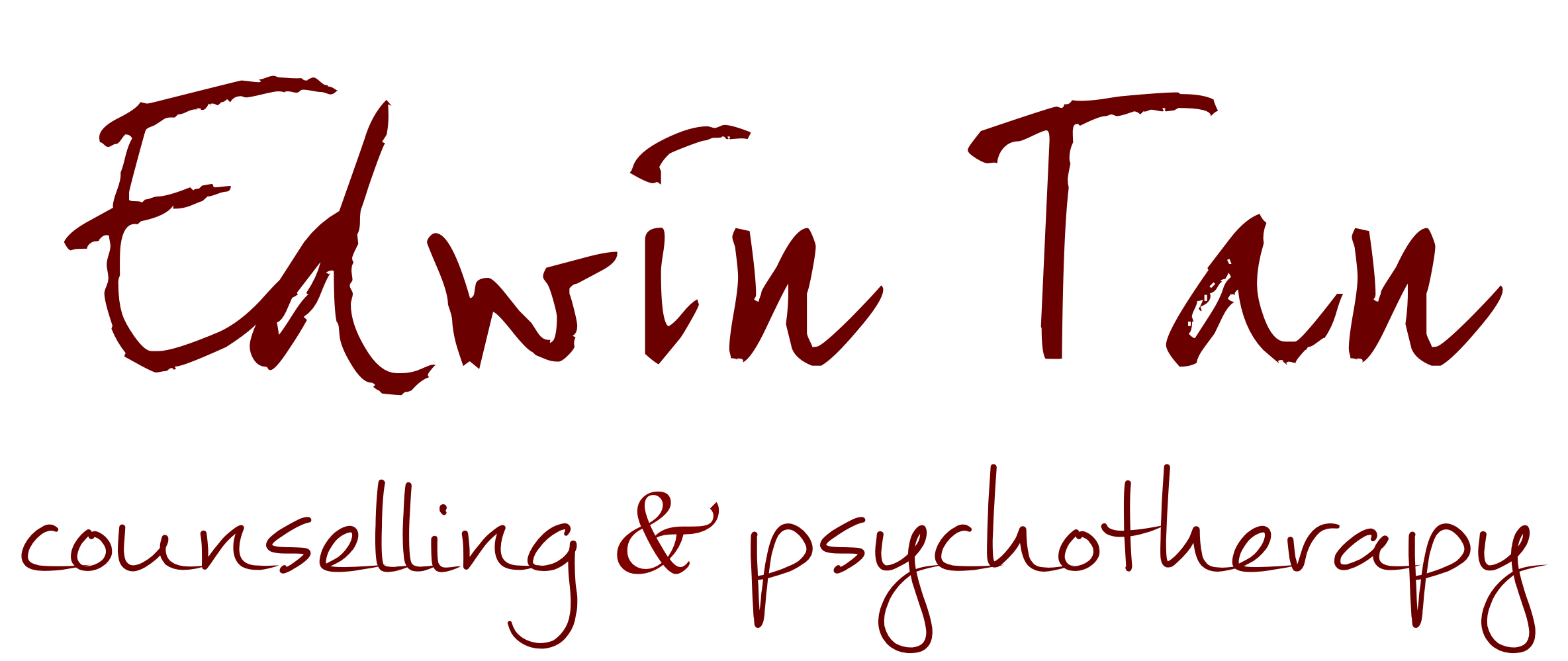Nothing Doing
“Like any habit, taking leisure time or picking up a new hobby has to be actively cultivated. And, yes, they can lower your stress and clear your mind. But the most meaningful benefit? You can finally “sink into the wonderful experience of being alive,” Ms. Schulte said.”
In her encouraging article, The Case for Having a Hobby, Jaya Saxena argues that we stand to gain so much from cultivating leisure in our lives – if only we realized this and actually committed to doing so.
It is no headline that most people today are stressed beyond measure – if you hold a job, you’re more than likely to be carrying some level of stress daily. The modern workplace has become an environment where competition reigns and everyone is unconsciously pitting themselves against each other or themselves. The use of performance assessments and reviews adds to this sense of competition, and it is no wonder that many find the demands of modern work hard to balance with the notion of life itself. The hackneyed choice between ‘working to live’ versus ‘living to work’ has become a grim joke in the face of the massive toll stress places upon everyone.
In the face of this onslaught, it can seem laughably idealistic, even unrealistic, to expect people to cultivate hobbies, or to take leisure time for themselves. The fear of falling behind in some way keeps people tethered to their phones and various other devices. Even those not in work are under tremendous pressure – either to find work, or if they are fortunate enough to not need to maintain a job, to keep up with others socially. It appears that the human condition is one of constant unfulfilled wants – our unhealthy relationship with work and social standards is a clear example of how we are driving ourselves ever harder, farther and faster towards breakdown.
The antidote to this, suggests Ms. Saxena, is to allow ourselves the luxury of time – either through consciously prioritizing leisure, or investing in a hobby. While this might at first glance seem like a soft, lovely suggestion, I think the truth is far more challenging and revealing. What makes Ms Saxena’s suggestion so radical is that in order to fully commit to it, we are in effect asked to utterly confront our sense of self. When everything we rely on to keep us busy so as to appear vital and necessary in life is stripped away and we are not hiding behind the demands of modern life, we are left to face who we really are and what we really need.
In my work with clients around stress and anxiety, I have found a correlation between their felt need to maintain a life system that places huge stress and provokes massive amounts of anxiety and an avoidance of self. Many of us might profess a desire to unplug, shut down, take time off – but even if we plan to do so, we often find alternative ways to turn our leisure activities into avoidance tactics. We all know people who go on vacation but feel compelled to read a whole stack of novels and feel bad if they don’t; or consider the weekend ceramic enthusiast who is extremely invested in mastering pottery so much so it no longer feels like fun. Ms. Saxena is careful in her article to highlight the pitfalls of substituting a ‘hobby’ for work without a fundamental adjustment to one’s attitude – we would just keep repeating the pattern of stress and burnout if we approach ‘leisure’ as we do other things in life, without first understanding what drives our primary behaviours.
Being able to prioritize ourselves takes conscious awareness of who we are and what we need, independent of what roles we play in life, and what others and society demands of us. If we are able to free ourselves from the tyranny of external considerations and focus purely on ourselves, we will be able to come closer to discovering what sparks real joy, what allows real comfort and rest to us. ‘Doing nothing’ is not as easy as it sounds when there is an internal unconscious drive that has deemed this an unacceptable way to live. The first step is to pay attention to this unconscious voice and discover what it is we really long for and need. In doing so, whatever ‘nothing’ we end up ‘doing’ will be fulfilling, restful and right.

